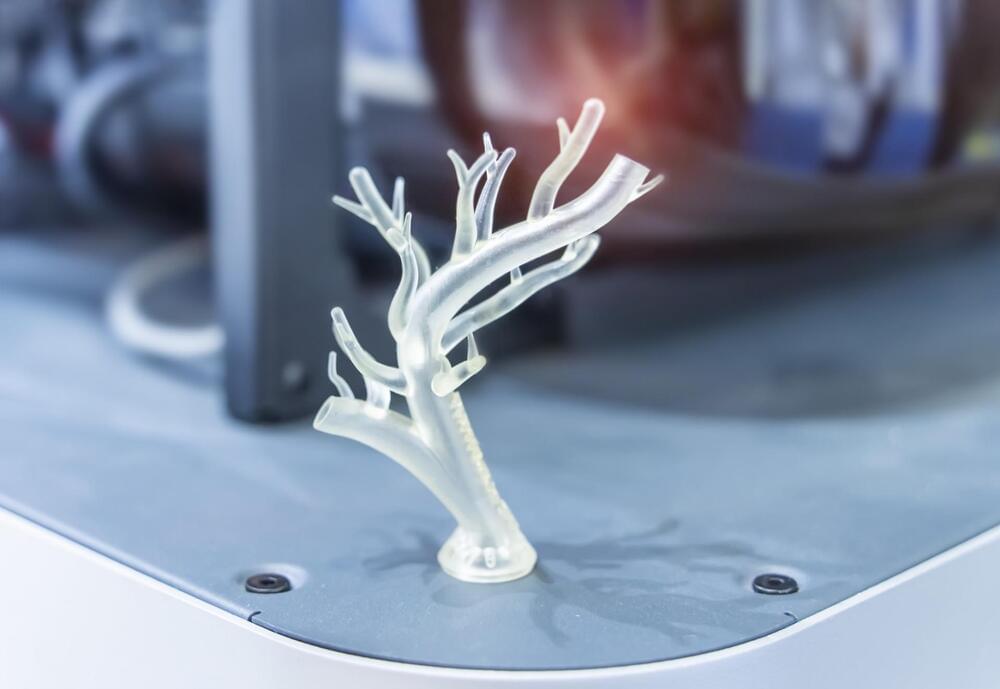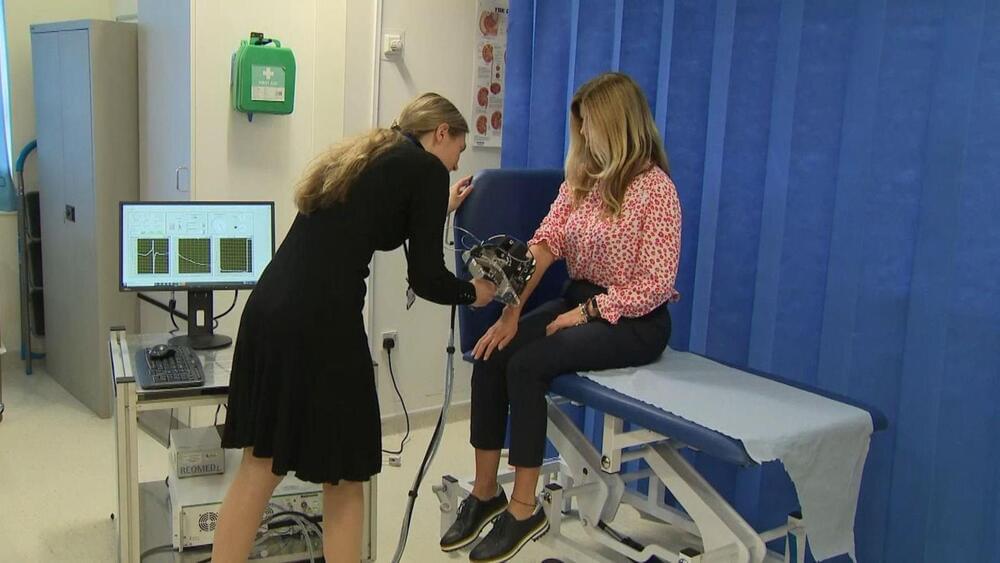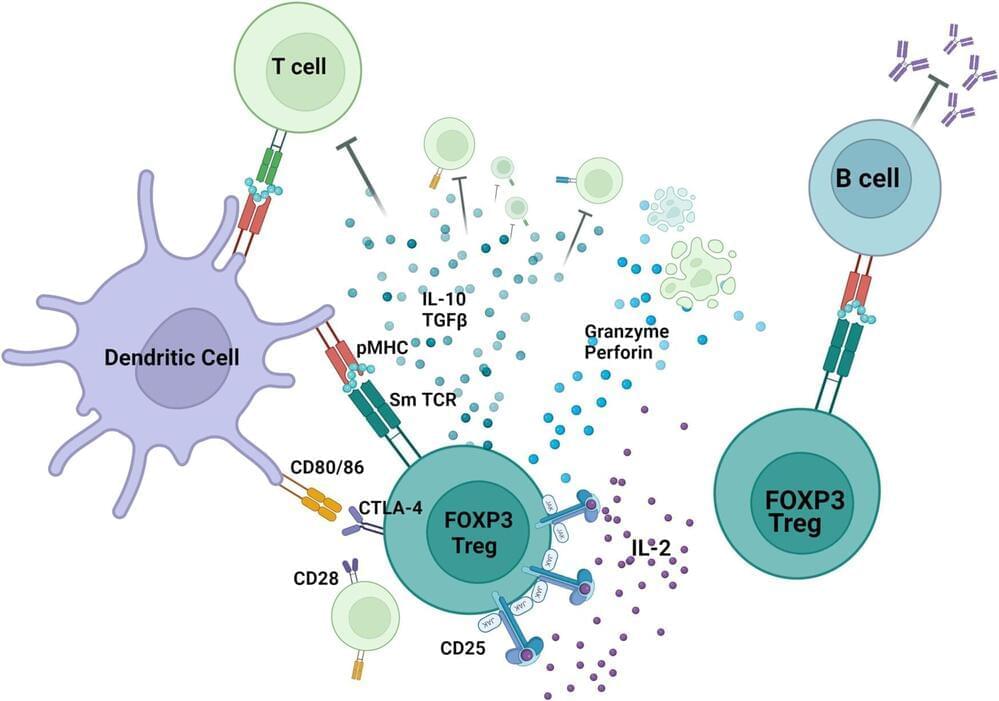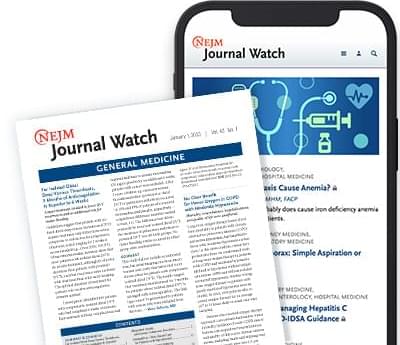Patients with recurrent Escherichia coli bacteremia can harbor strains with mutations that promote multidrug antibiotic resistance:
Certain patients with gram-negative bacterial bloodstream infections (GNB-BSIs) are well-known to experience recurrent bacteremia after receiving antimicrobial therapy — but is this phenomenon due to microbial factors? Researchers have analyzed isolates from patients with relapsed GNB-BSIs in which the initial and subsequent strains were nearly identical genetically.
Paired bacteremic isolates of E. coli, Klebsiella species, Serratia marcescens, and Pseudomonas aeruginosa were identified for a detailed analysis of the E. coli strains. Time-kill studies found that 4 of the 11 recurrent isolates had a higher number of bacterial colony-forming units persisting through 24 hours of exposure to meropenem. The recurrent strain with the greatest number of persisting cells had a loss-of-function mutation in the ptsI gene (involved in the phosphoenolpyruvate phosphotransferase system and shown in vitro to be important to the effects of bactericidal antibiotics). Challenging mice with the initial and ptsI mutant recurrent strains in a bacteremia model showed that both variants were equally virulent, but the recurrent strain was 10-fold less susceptible to treatment with ertapenem.
This work affirms the clinical importance of persister bacterial strains in relapsing infections while also confirming the role of bacterial metabolic pathways in the development of antibiotic resistance. The results also raise the question of whether more-prolonged antibiotic therapy might be appropriate in individuals who develop recurrent E. coli bacteremia without an obvious host-related explanation.









